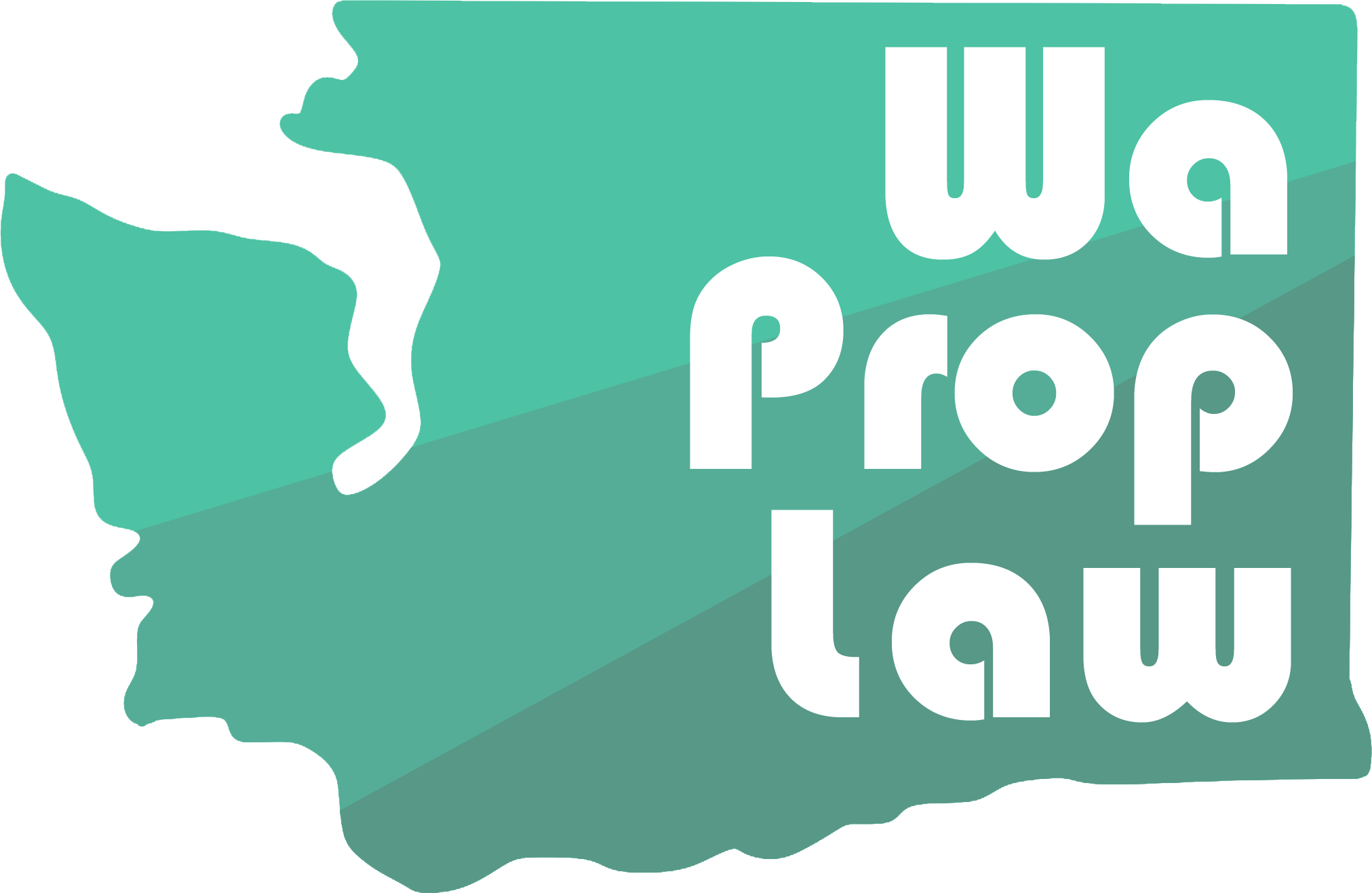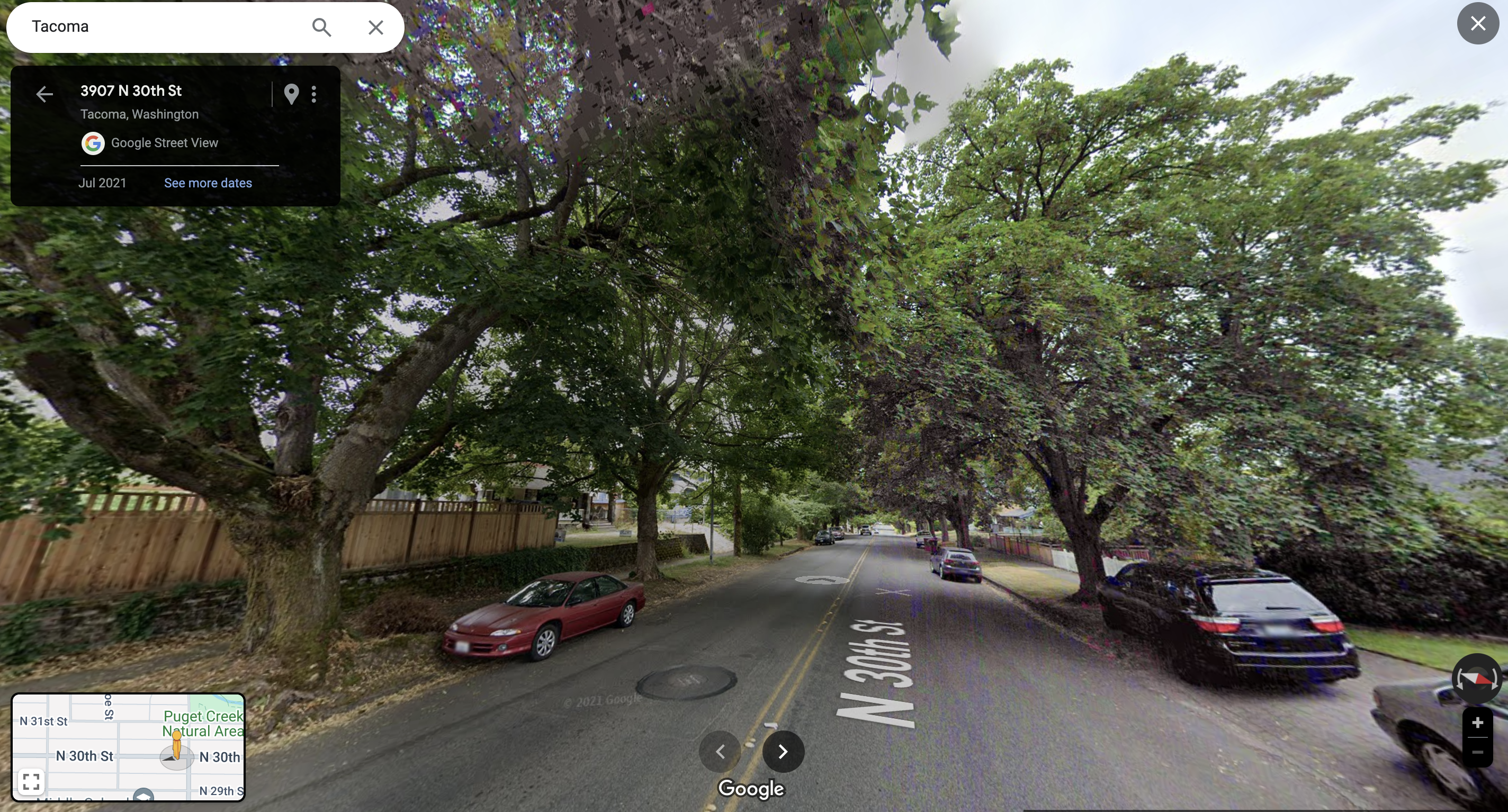While many people have heard the terms “eminent domain” or “condemnation,” most people don’t know how to protect themselves when it happens to them. It can be intimidating when agents of the government show up at your front door, demanding that you sell them your land and threatening legal action if you do not. If you are currently faced with an eminent domain/condemnation action, it’s very important that you understand your rights–otherwise the government may take advantage of you.
In this article, we will explain what eminent domain/condemnation is, and try to address some of the main questions our clients have asked us about it over the years. While the following information is no replacement for a good attorney, we believe it covers most of the basic information needed by those facing condemnation/eminent domain for the first time.
Is “eminent domain” different from “condemnation”?
No, they are two different names for the same thing and can be used interchangeably.
What is condemnation/eminent domain powers?
The Fifth Amendment to the United States states that private property shall not “be taken for public use, without just compensation.” Courts have generally interpreted this to mean that the government can take individual property if the government (1) needs that property for a “public use” and, (2) provides the owner “just compensation” for the taking.
The Washington State Constitution has a similar provision, allowing for the taking of private lands under specific circumstances. As such, local, state, and federal government agencies regularly take private property needed for public projects—even if landowners don’t wish to sell their land.
1. Public Use Requirement
“Public use” can refer to any number of projects or developments that a government entity deems beneficial to the public. This can include parks, schools, highways, government buildings, utility projects, and more. This law has also been interpreted to allow eminent domain to eliminate blight or to construct private commercial developments. If a taking does not serve a public purpose, it is unlawful and you can challenge it.
2. Just Compensation Requirement
The Fifth Amendment of the Constitution entitles you to just compensation. While it can be difficult or impossible to avoid eminent domain altogether, you should always fight to receive the amount of money you deserve when a condemning agency decides to take your property.
Too many property owners get taken advantage of by the government during eminent domain proceedings. The government will often lowball the owner, offering an amount far below fair market value for the condemned property. Many property owners agree to give up their land and accept this first offer without first speaking to an experienced attorney. They think that they are powerless to resist merely because the government has a constitutional right to take their property. That simply isn’t true.
Can the government penalize me for not agreeing to sell my land up front?
As a landowner, you have the right to refuse to sell your land voluntarily. The government is not allowed to penalize you for exercising this right. However, if you don’t come to an agreement with the government, the government can force you to “sell” the property by taking you to court, which can be burdensome and costly for both sides. On the other hand, if the government refuses to offer you what your property is worth, taking the matter to court may be the only way to ensure that you receive just compensation.
Should I trust the government’s offer?
Like any entity, the government is trying to keep costs low, which includes trying to pay as little as possible to acquire the land it needs for a project. Therefore, the government will usually start the bidding with a lowball offer that is well below the actual value of the property. In many cases, the government’s initial offer less than half of what a property is worth.
Therefore, it is always wise to double-check the government’s offer against the amount that similar properties have sold for in the recent past. In some cases, it may even be worth hiring a certified appraiser to assess the value of your property. If you think there is a big discrepancy between what your property is worth and what the government is offering, you should consider hiring an experienced real estate attorney to negotiate with the government on your behalf.
Types of Eminent Domain Actions
Not every eminent case is the same. Each case should be evaluated based on the scope of eminent domain that is occurring and how it affects you. The following are types of eminent domain cases we regularly handle.
Easements
An easement is not a taking of your land, but is instead the legal device by which the government can use part of your land for a specific purpose. This is common with utility projects or pipelines that are built under your land. In such cases, these companies typically gain the right to come onto your property to inspect, repair, and maintain the equipment. While granting an easement may not sound that bad, it can significantly affect the value of your land because it can decrease the property’s potential uses. Because of this, you should ensure you are being properly compensated whenever you grant an easement across your property. For more information, read our article on easements.
Partial Takings
The government can only take the portion of your property that is necessary to serve the public interest. Often, this results in a taking of only part of your land, while you get to keep the rest. However, partial takings still reduce the amount of land you own, and you should be paid the full value of even the slightest amount of land lost, as well as any loss in the value of the remainder of your land.
Complete Takings
If your property is in the direct path of a new highway or on the site of a new school, you may lose your entire property. In such cases, you will likely need to be compensated for relocation expenses as well as the full and fair value of your property.
Inverse Condemnation
In some cases, the government will take over, begin using, or damage your land without paying you anything. In this situation, landowners must take legal action and sue the government for the just compensation required under the law. This is referred to as inverse condemnation and our firm can assist you with this type of claim.
I received notice of a possible eminent domain action. What should I do?
Call an attorney! Eminent domain matters are complicated when you don’t deal with them on a regular basis. Therefore, it is important to hire someone who understands Washington’s complex eminent domain and condemnation laws. In an eminent domain matter, it is never too early in the process to seek legal representation, since experienced counsel may dramatically improve your outcome.



